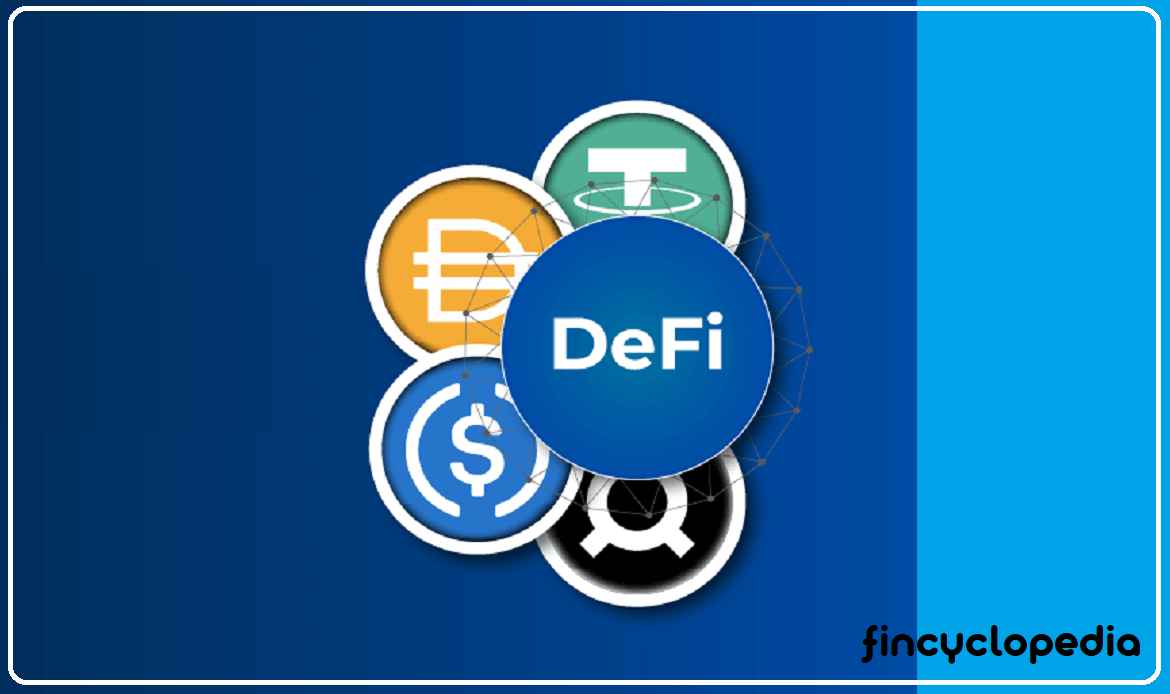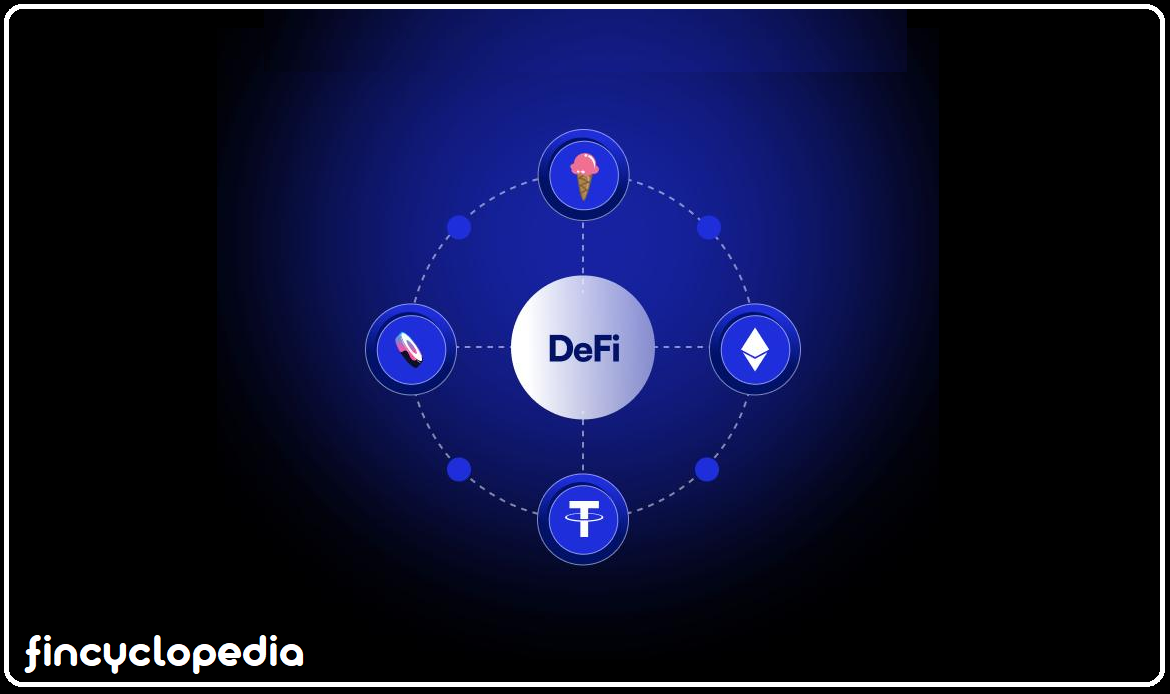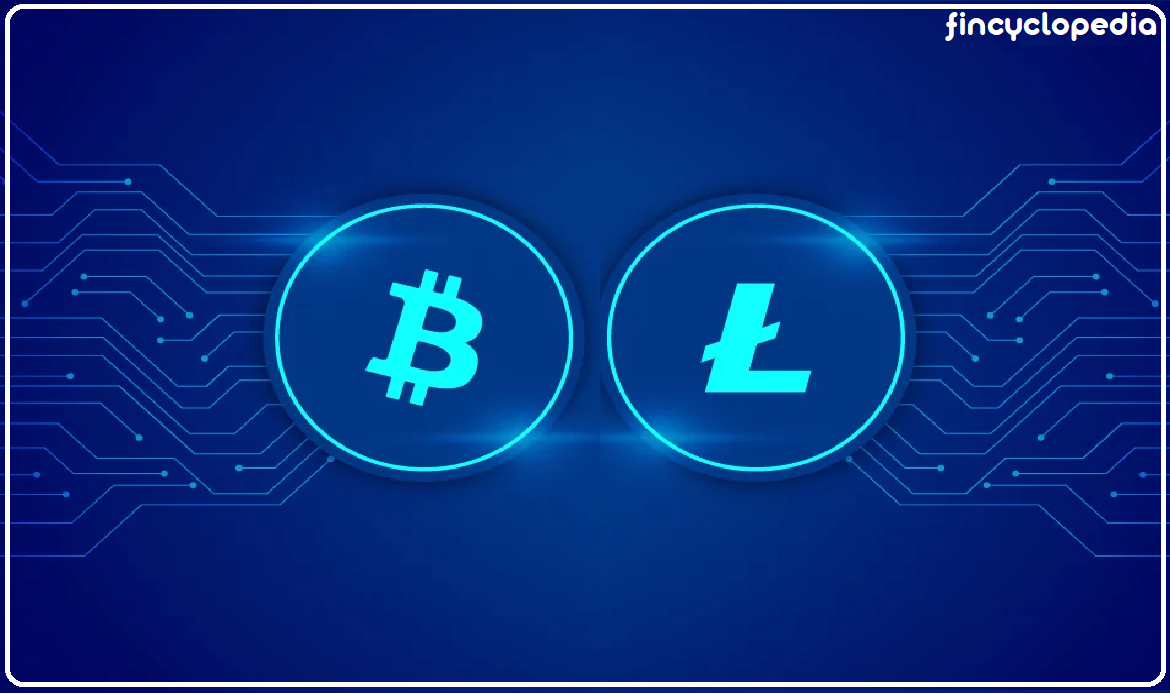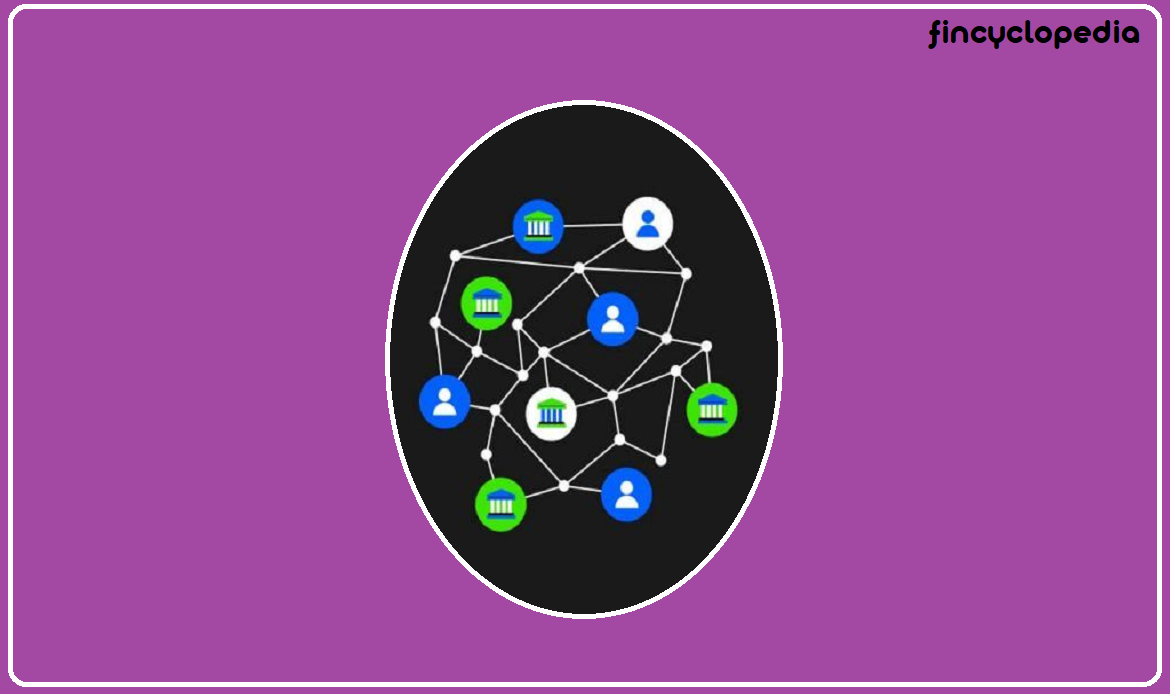
DeFi tokens
A decentralized finance token is a digital token that allows users to take part in a crypto space/ ecosystem, whether for transactions or decision making (vote on any governance proposals submitted by the community), as well as to benefit from other exclusive features provided on the platform. Decentralized finance (DeFi) offers a variety of supportive and security tools for blockchain ecosystems, so that users can manage their crypto assets, carry out transactions in a secure manner, and utilizing certain enabling tools such as smart contracts. The DeFi tokens grant holders the rights to participate in governance (of the own network), access exclusive features and benefits, and stake for rewards (in the form of network tokens – by means of staking).
DeFi coins
A decentralized finance coin (DeFi coin) is a digital coin that represents a fiat coin. It is a digital version of the fiat coin, as it transfers value between parties involved in online transactions (usually financial). DeFi coins are issued and circulated on their native blockchain networks. In addition to its role in transferring value, DeFi coins (in this specific context, DeFi tokens) are also used to carry information such as passwords and other credentials to provide access to a resource. Broadly speaking, value-carrying tokens (or coins) may take the form of asset tokens that represent physical assets such as real estate, and of course there are non-fungible tokens (NFTs) that represent unique “items” such as digital art. Though both are often referred to interchangeably, DeFi coins differ from DeFi tokens in the sense that tokens can be both native and non-native (native tokens or non-native tokens), where issuance and trading can take place both on a token’s own network or other network.
Differences
A DeFi coin is also a special case of a DeFi token. The uses of tokens are much wider extending beyond financial transactions. Both DeFi coins and tokens are built on blockchain networks, but DeFi coins are often related to their native blockchain, while DeFi tokens may be both native and non-native. DeFi tokens transfer value (in financial exchanges) but can also be used for non-financial purposes. For example, a DeFi token may represent a right (e.g., a vote) or access to a certain service or facility. In addition to that, DeFi tokens offer a wide range of possibilities, including lending, trading, and earning income on digital asset holdings. Notwithstanding their great potential, DeFi tokens carry high risks due to their volatile nature. Overall, these tokens are essential tools that enable investors and users to tap the crypto-market and avail the services and the upward potential embodied in such assets.







